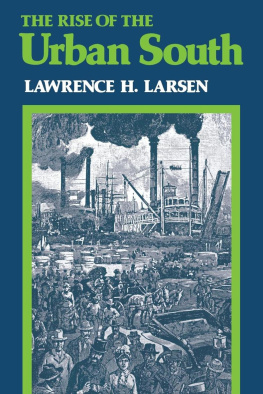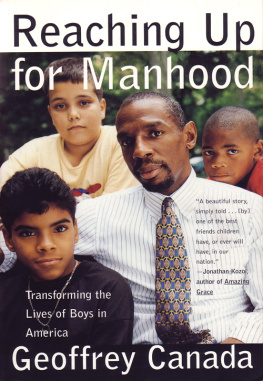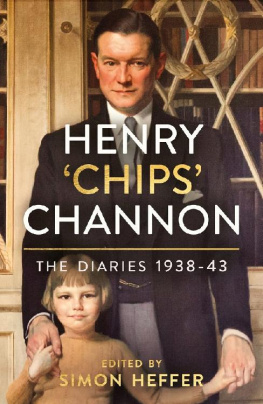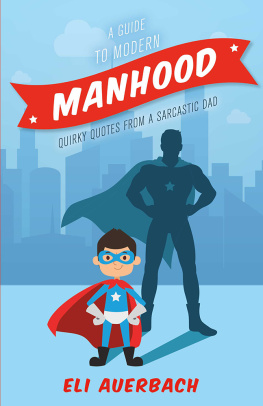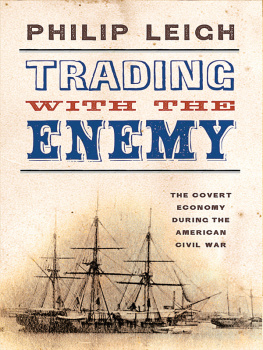Princes of Cotton
The Publications of the Southern Texts Society
SERIES EDITOR
Michael OBrien, University of Cambridge
EDITORIAL BOARD
Richard J. M. Blackett, Vanderbilt University
Susan V. Donaldson, College of William and Mary
Elizabeth Fox-Genovese, Emory University
Fred Hobson, University of North Carolina
Anne Goodwyn Jones, University of Florida
David Moltke-Hansen, Historical Society of Pennsylvania
David S. Shields, The Citadel
Steven M. Stowe, Indiana University
Publication of this book was made possible in part by
a grant from the Watson-Brown Foundation.
2007 by the University of Georgia Press
Athens, Georgia 30602
Introducton 2007 by Stephen Berry
All rights reserved
Set in 10 on 14 Carter and Cone Galiard by BookComp
Printed and bound by Thomson-Shore
The paper in this book meets the guidelines for
permanence and durability of the Committee on
Production Guidelines for Book Longevity of the
Council on Library Resources.
Printed in the United States of America
11 10 09 08 07 c 5 4 3 2 1
Library of Congress Cataloging-in-Publication Data
Princes of cotton : four diaries of young men in the
South, 18481860 / edited by Stephen Berry.
p. cm.
(The publications of the Southern Texts Society)
Includes bibliographical references and index.
ISBN-13: 978-0-8203-2884-3 (hardcover : alk. paper)
ISBN-10: 0-8203-2884-7 (hardcover : alk. paper)
1. Young menSouthern StatesHistory19th century. 2. Young menSouthern StatesPsychology. 3. Sex roleSouthern StatesHistory19th century.
I. Berry, Stephen William.
HQ1090.5.S68P74 2007
305.242108621097509034dc22 2006018990
British Library Cataloging-in-Publication Data available
ISBN for this digital edition: 978-0-8203-3670-1
PREFACE
Gender history is at a crossroads. Either it will pursue mens history with all the rigor it has displayed in pursuing womens history or it will expire. Such an expiration is inevitable and not altogether a bad thing. Soon enough if not already gender will no longer be something a smaller group of scholars is focused on; it will be something the entire academy is attentive to. For now, though, an important question can have no answer: Is mens history where gender history goes to die or be reborn?
There are signs of the latter, but what is being born is as yet a rough beast. The field of masculinity studies seems at once a laudable extension of and a questionable reaction to the womens studies movement of the 1970s and 1980s. While problematized, not lauded, the American male again wrenches the spotlight toward himself. Heedless of intent, masculinity studies drifts along in the dominant cultures backlash against feminism and the prevailing sense that American manhood, under siege for two decades, is rightly going over the top again.
As Susan Faludi and others noted at the time, there was a pervasive sense of a masculine crisis in the 1990s. White American men had, since the Founding, been promised that they would always have a frontier to explore, an enemy to vanquish, a wife to adore, and a fraternity to join. That promise was broken after World War II. The final frontier was empty and cold; the enemy was massacred at Mylai; the wife had a new job, a new man, and a new attitude; and the white fraternity was downsizing, outsourcing, selling out their little brothers to the Mexicans and the Chinese. And no one felt sorry for them. They were sent on their way with a few prescriptions for being fat, bald, and flaccidand they were not a little angry about it. The result, Faludi noted, was all over the news: Tailhook, the Citadel, the Spur Posse, gangstas, skinheads, abortion clinic bombers, schoolyard shooters, the right-wing militia, O. J. Simpson, Timothy McVeigh, David Koresh, the Unabomber, and the Angry White Male. Clearly, men needed to pull themselves together. And so they did, to the beat of Iron Johns drum, in the menz movement, laddism, the Million Man March, the Promise Keepers, and the triumphant return of the Founding Fathers and other dear DWMS, back from the grave and ready to spread the gospel: America was and would always be a benevolent fraternity (now with a nuclear option). But all this chummy guy-guy action was suspiciously metrosexual (before metrosexual wasnt cool). Mens attitude had always been clear: Got an issue? Get a tissue. What men most wanted was to never have to apologize for being themselves. And so, inevitably, they fled South, in spirit if not in fact, to the land where the wellspring of masculinity still runs pure, to the land of army bases and NASCAR drivers, Jeff Foxworthy and his paeans to the redneck, Toby Keith and his love of American ass-kickin, President Clinton and President Bush, each in his own way behind the wheel of the Viagra car, burning rubber and spreading the gospel: the American male is back with a vengeance.
And its the vengeance part thats just a little disturbing. Its also the reason why the field of masculinity studies is so vital. For its not just the American males wounded pride that preoccupies our culture. There are a lot of angry men out there, and their misdirected rage is 9/11 deadly. For this, if for no other reason, the field is likely to remain vital. As the world continues to shrink and America comes into sustained contact with different gender systems, scholars will naturally seek better to understand how such systems work and have worked, change and have changed.
In the field of the Old South masculinity studies appear slowly but regularly. Like any new field, knowledge proceeds in a way reminiscent of the old parable about the blind men and the elephant. Scholars may be talking about the same thing, but they are often talking about different parts whose connection to each other is unclear. Hunting, oratory, college curricula, courtship practices, eye gouging, and fraternal organizations are all part of the same animal, certainly, but how they are put together remains a mystery. No one has written a synthetic treatment. No one has laid out an agenda for the field.
Broadly speaking, the agenda should be to understand (1) how precisely the Old Souths masculine ideals were constructed and maintained; (2) how that process (and the ideals themselves) changed over time; (3) how males of different classes, races, ages, and regions resisted, modified, or flouted those ideals; (4) how the public expression and private experience of masculinity were different and yet related; and (5) to what degree and in what ways the Civil War created a seismic shift in Southern masculinity.
To each of these broad questions there are partial but suggestive answers. Before there was masculinity studies, scholars studied the institutions and practices that enacted masculinity for the wider society. Beginning with analyses of dueling, scholars scanned the Old Souths regional literature, religious life, political culture, and attitudes toward family, education, courtship, and recreation to better understand how the dominant culture defined what men should do and be. The leading conclusions are coded by the words honor and mastery. Honor, as Bertram Wyatt-Brown has defined it best, was a cluster of ethical rules by which judgments of behavior [were] ratified by community consensus. Mastery, as Stephanie McCurry has defined it best, was the notion that manliness inhered not in the control of the self (though that was, to a lesser degree than in the North, important) but in the control of land, wives, children, and households. The two concepts are complementary. In the South men were the undisputed masters of their own bodies and their own households. Their right to rule these small worlds was scrupulously upheld by the courts, propounded from the pulpits, and flattered from the hustings. Any claims to mastery of a larger world, however, had to be set before the community to be adjudicated according to the dictates of honor.


